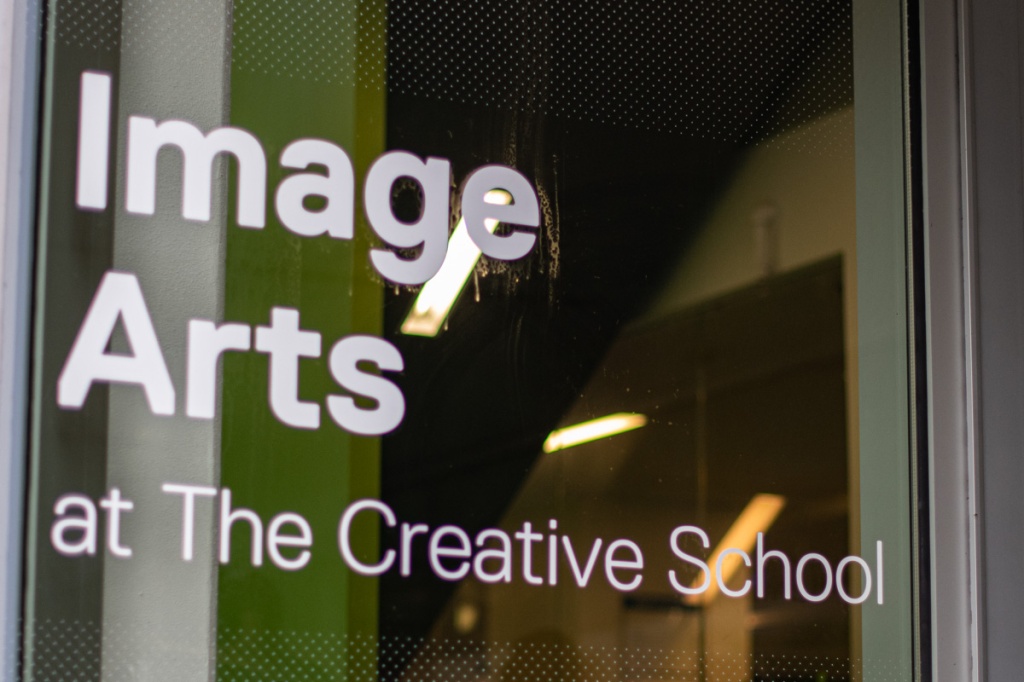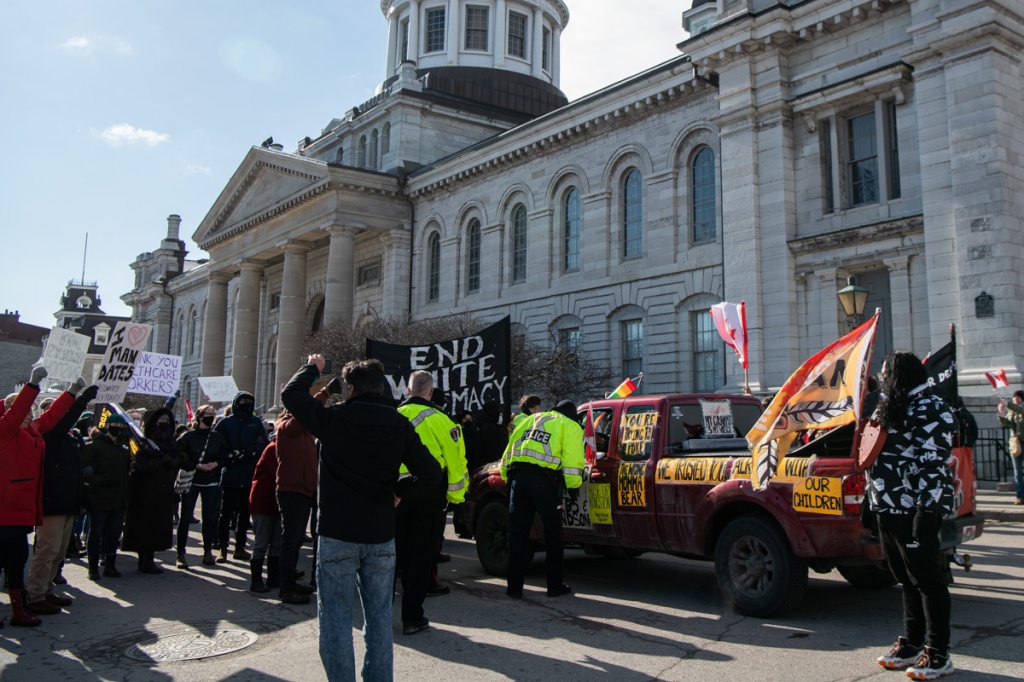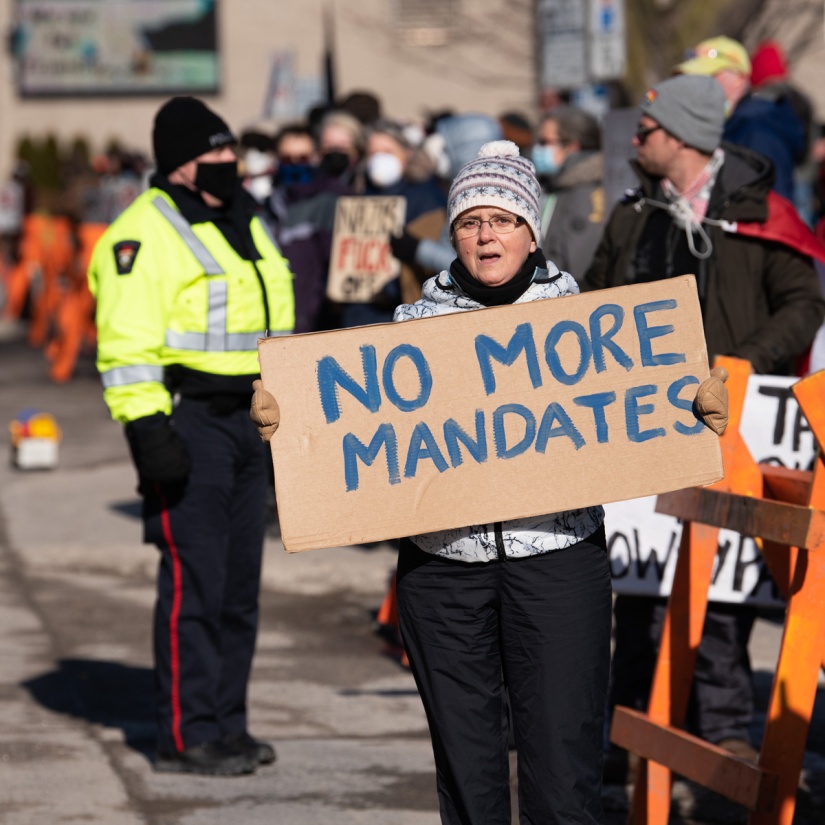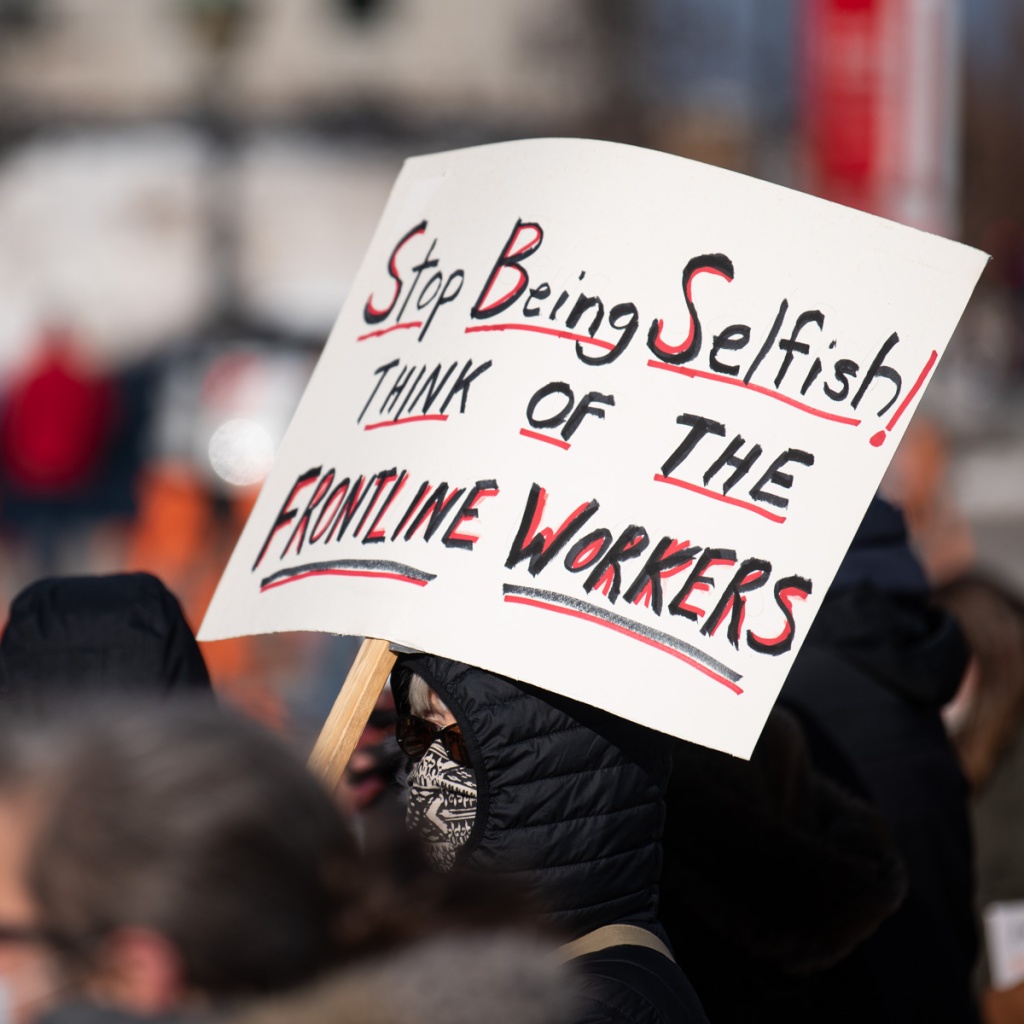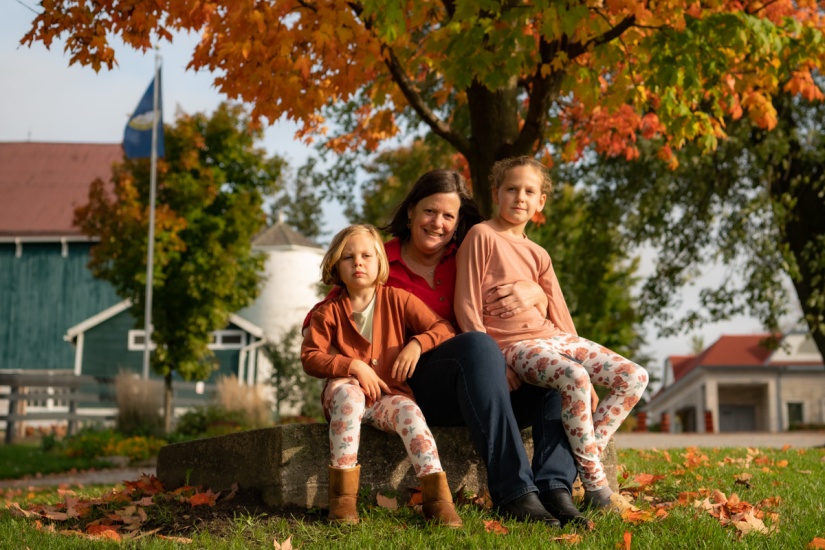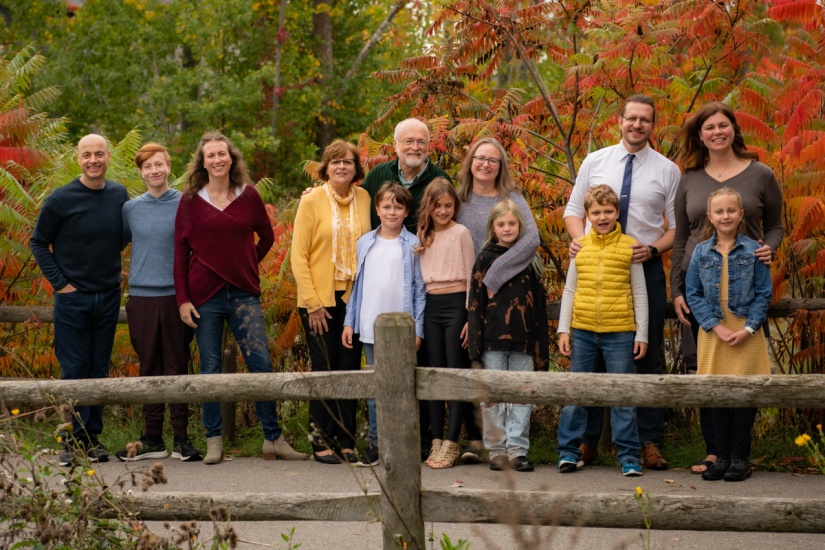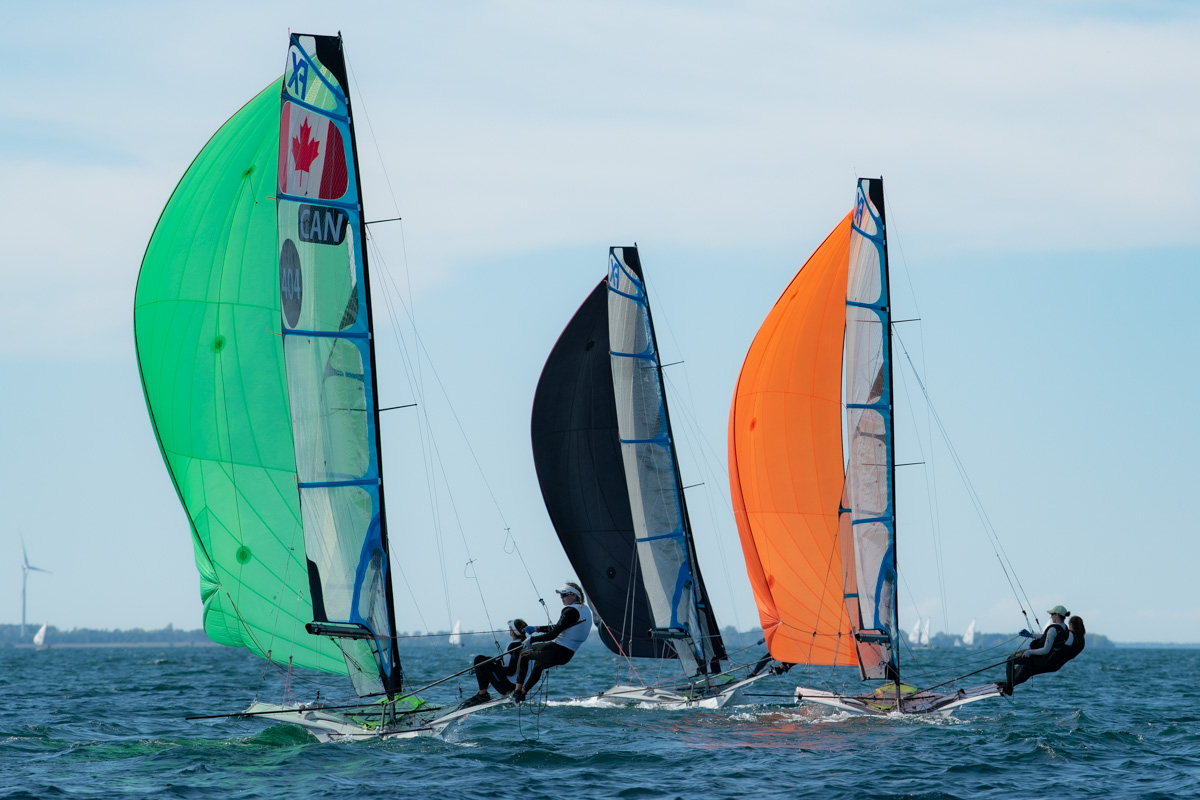I must say, I think I have become somewhat of a “news junky” in the last few weeks. Just as the news on the COVID-19 pandemic were slowing down, the protests in Canada, the Winter Olympics, and now the war in Ukraine, are keeping me hooked on news channels to stay up to date on latest developments. The coverage on the war in Ukraine is especially difficult as we are witnessing the human cost of that conflict.
Given my experience of working in NATO and later as a Canadian Defence Attaché in Central/Eastern Europe I am very interested in what is now going on in Ukraine. I also have lots of views I could express here. However, I will limit this blog to talking about how the current war and geopolitical situation is affecting sports.
Sport is something appreciated by most people around the globe as most of us enjoy the entertaining value of watching sports. It also brings to the fore much pride in one’s country. But sports, as big businesses and as instruments of nationalism, also have responsibilities at the geopolitical level. As much as we like to think of the Olympic movement as apolitical, its reach and popularity make it a visible symbol of geopolitical power and influence.
Even before the current conflict in Ukraine I must say I have been uncomfortable with the International Olympic Committee’s decision to allow Russian athletes to compete, despite the fact that Russian state-sponsored use of performance-enhancing drugs is well documented. Even though they are competing under the “Russian Olympic Committee” flag rather that the Russian flag, they are still allowed to “kind of” represent their country as it is always clear where these athletes have trained and compete for. As much as it can be seen as heartbreaking to punish individual athletes who may be clean, simply preventing the Russian flag from being represented is not enough in my view to stop the longstanding culture of cheating in Russia. This culture will be difficult to change, especially under the current regime, but it has been done in other countries, like in many countries that were formally allied with the Soviet Bloc.
This issue was brought in the limelight with the controversy surrounding Kamila Valieva, the 15-year old figure skating prodigy from Russia whose blood sample was found to contain a banned substance. I have mixed feelings about the decision to allow her to continue to compete as this situation cannot be blamed on the skater herself, given her age and the fact that she may not even have known she ingested the banned substance. However, I believe that despite the fact that we may “break the heart” of this young girl, the message must be clear that this behaviour, whether it is the state, the coaching staff or others that are to blame, cannot be tolerated.
Outside of the Olympics, there has also been a lot of activity to isolate Russia by preventing Russian teams and athletes to compete since the beginning of the conflict in Ukraine. The one sport I am most familiar with is Formula 1 car racing, and it is a good example of some of what has been happening.
The Haas Formula 1 team, which happens to be largely owned by American Gene Haas, was also heavily sponsored by Belarusian/Russian oligarch Dmitry Mazepin while his son Nikita Mazepin was one of the two primary drivers on the team. The Haas team was quick to remove the Russian advertising on their cars (Uralkali and Russian colours) but initially kept Nikita Mazepin on their line-up. Then the FIA (governing body for auto racing) decided that Russian and Belarusian drivers could race under a neutral flag, much like what was done in the Olympics. But then the British Grand Prix decided that they would not allow Russian or Belerusian drivers at their race, hence forcing Haas to replace Mazepin with an alternate driver.
But the most shocking comment in the Formula 1 community for me was from Daniil Kvyat, a former driver for Formula 1 team Toro Rosso who is now a reserve driver for Formula 1 team Alpine, when he said that it was “unfair” to exclude Russian drivers over the invasion of Ukraine. The image that come to my mind when I think of “unfair” is of all the Ukrainians currently leaving their homeland because of the violence that has invaded their cities. When I see young women with their children, while their husbands have remained in Ukraine to fight the invaders, this is what I would consider unfair. None of them asked for this as they just try to protect their loved ones, yet I have not heard any of them calling the situation “unfair”.
I understand that the athletes, Formula 1 drivers or others, argue that they should not be held responsible for their president’s decision but when they compete, whether they like it or not, and even if they compete under a neutral flag, they do represent their countries, and what they stand for. Life is not always “fair” and this comment by Kvyat just shows his lack of maturity, in my opinion. The comparison that comes to mind is Formula 1 driver Lewis Hamilton from Great Britain. Hamilton, who came from a working class family, became the first black Formula 1 driver in 2007. As a black person, he had to overcome much racism and other obstacles to reach the pinnacle of the sport. Despite the obstacles, Hamilton never blamed others and just got on with the job to become the Formula 1 driver with the most victories of all times.
